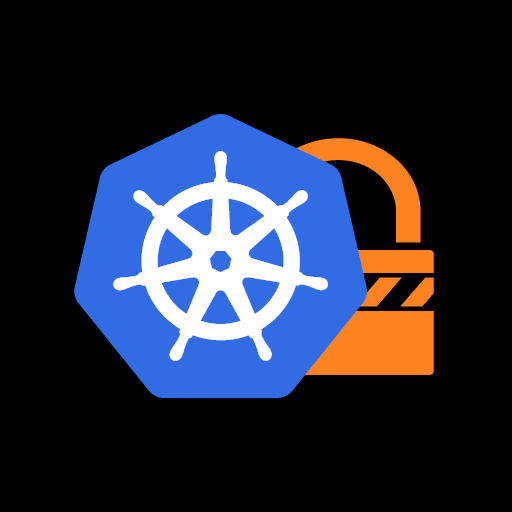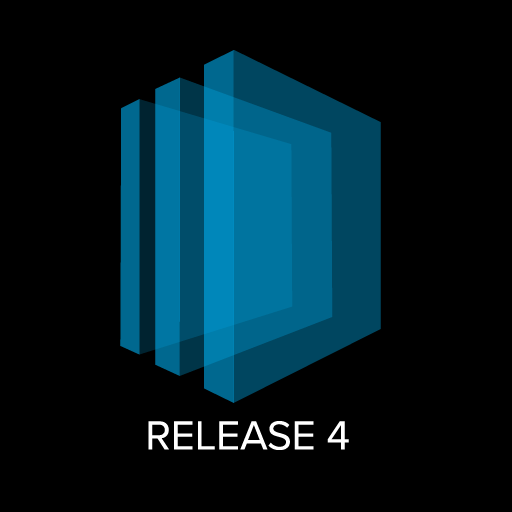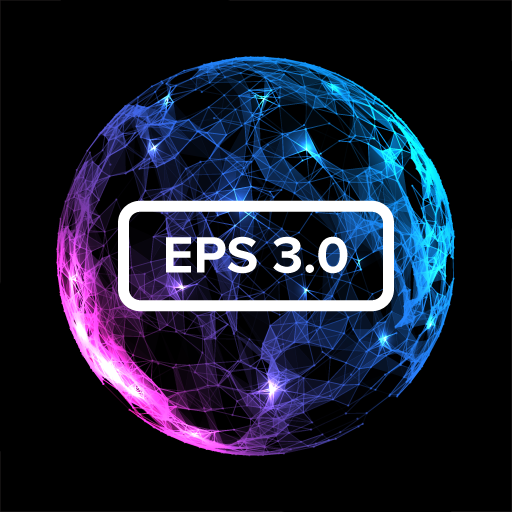Announcing: Release 6.0
BLOCKBRIDGE SOFTWARE VERSION 6.0 RELEASE NOTES We’re excited to announce the arrival of NVMe-over-TCP support for the Blockbridge data engine! This project has been a true labor of love for the entire team here at Blockbridge. It promises major gains in performance backed by widespread industry support. NVMe Over Fabrics (TCP) We have more than a decade of hard-won experience in iSCSI and SCSI. iSCSI is robust, ubiquitous, and well-supported. And, as we have demonstrated, it can also be really fast. However, many client implementations (i.e., initiators) do not exploit the full potential of the transport protocol and are weighed down by baggage in the client storage stack. Almost a decade ago, NVMe was introduced into the Linux kernel. With it came the blueprints for an optimized datapath that bypasses the traditional block layer, dramatically improving performance. Years later, NVMe-over-fabrics extended the reach of the NVMe command set and [...]




